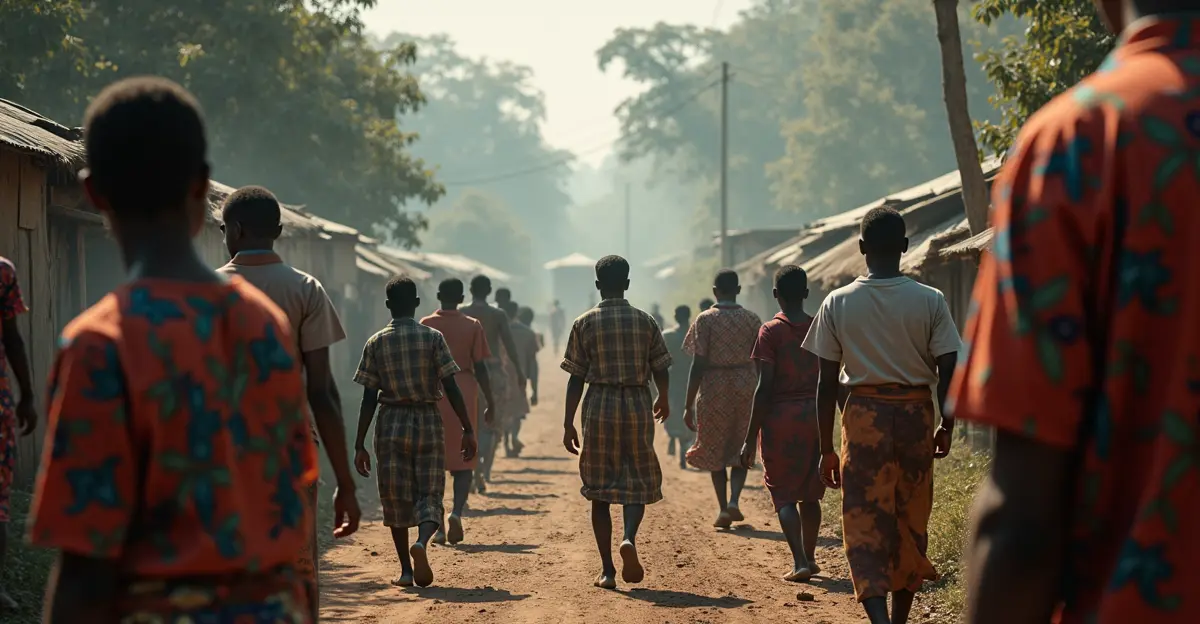
Breaking New Ground in Global Health Security
In a landmark decision today, the World Health Assembly formally adopted the first-ever global Pandemic Agreement. This historic move comes after three years of intense negotiations sparked by the devastating impact of COVID-19. WHO Director-General Dr. Tedros Adhanom Ghebreyesus hailed the agreement as "a victory for public health, science and multilateral action" that will collectively better protect the world from future pandemic threats.
What's in the Agreement?
The agreement establishes a framework for international cooperation across several critical areas:
- Equitable access to vaccines, therapeutics, and diagnostics during health emergencies
- Strengthened global supply chains for medical resources
- Enhanced pathogen surveillance and data-sharing systems
- Creation of a Pathogen Access and Benefit-Sharing (PABS) system
- Establishment of a Coordinating Financial Mechanism
Addressing Sovereignty Concerns
The agreement explicitly states that it does not grant WHO authority to "direct, order, alter or otherwise prescribe" national laws or policies. This includes no power to impose travel bans, vaccination mandates, or lockdowns - a key concern for many member states. Dr. Teodoro Herbosa, President of this year's World Health Assembly, emphasized that "people worldwide will be better protected" thanks to lessons learned from COVID-19.
The Road to Adoption
The adoption followed a 124-0 vote with 11 abstentions in committee yesterday. Countries abstaining included Poland, Israel, Italy, Russia, Slovakia, and Iran. The United States, currently withdrawing from WHO, did not participate. Republican governors from 26 U.S. states had previously announced they wouldn't comply with the treaty.
What Happens Next?
Before implementation, negotiators must finalize the PABS annex through an Intergovernmental Working Group. Pharmaceutical companies participating in PABS must allocate 20% of their real-time production of pandemic-related health products to WHO for distribution based on public health risk and need, with priority to developing countries. The agreement will enter into force after 60 ratifications.

 Nederlands
Nederlands
 English
English
 French
French
 Deutsch
Deutsch
 Espaniol
Espaniol
 Portugese
Portugese









